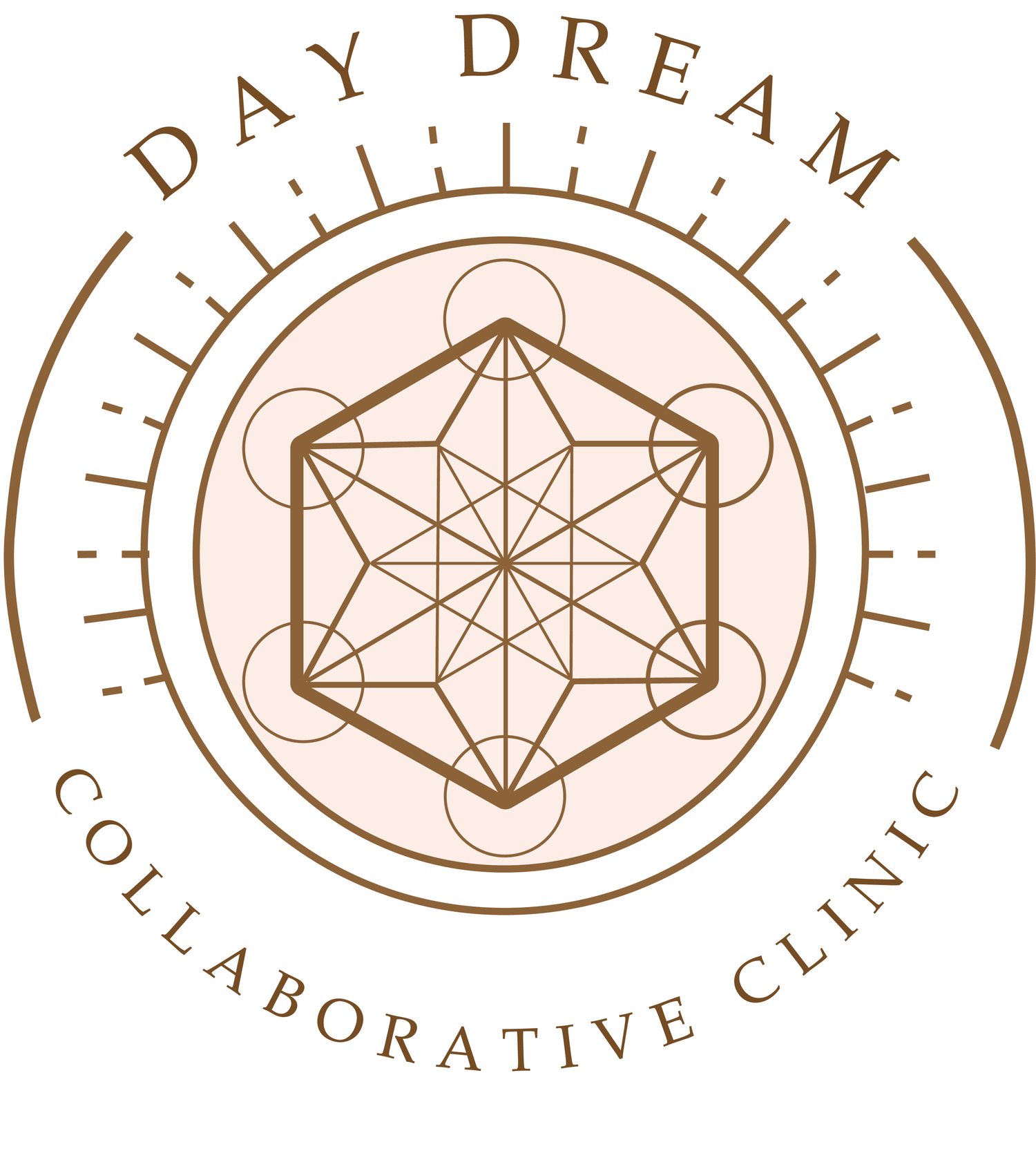
best practice guidelines
We practice trauma informed care principles to the best of our understanding, which is evolving.
Trauma informed care centers a person’s choices and always includes the right to decline.
What does this mean for recipients of care at DayDream?
It is up to you to choose what you want to work on, how to define ‘health’ or ‘healing’, and what modalities work or don’t work for you
If you prefer a non-verbal treatment, please let your practitioner know when they first check in. Practitioners will also refrain from offering feedback about the session unless specifically asked. They will check in at the end of the session to see if you have anything you would like to share and may ask if you would like their feedback. (This varies significantly in a community style setting depending on how busy the clinic is)
Treatments are often done on a massage bed lying down, with the practitioner standing or seated beside you. This can feel very vulnerable and triggering for survivors, and we honor this. If you prefer to be side lying, seated upright and leaning on a bolster, or in a chair - please let your practitioner know. The treatment is not affected by whether you are sitting or lying down. Your comfort is the priority.
In therapies that involve touch - we will let you know when are getting started and what to expect. We ask if you are comfortable with touch before we begin. In therapies like Reiki or Sound Healing where touch is optional, we will give you the option of receiving your treatment ‘hands on’ or a ‘no touch’ approach. You may also opt for a hybrid of light touch and hands off Reiki if you want to avoid sensitive areas like the neck and hips. If you are pregnant - let your practitioners know (and they will always ask consent before touching your abdomen)
Our practitioners routinely ask about sensitivity to touch, as people may feel differently from one day to the next - particularly during times of stress and healing. If you have a relationship with your practitioner and are coming in regularly, they may not check in at every session. Please let them know if you are not comfortable with touch that day or would like any kind of accommodation. Also - if this changes at any point during the session, please communicate with your practitioner. Always let us know if anything feels like too much for that day.
Your privacy is important and your time here is sacred. We will never take photos of any treatment, class, or session without your explicit consent. Occasionally, someone would like a photo of themselves receiving care. The practitioner may accommodate them in a shared space but will only photograph the person that has asked (zoomed in on them), and never with other people in the frame. They will also ask for verbal consent from anyone in proximity. If it is not possible to avoid others in the frame, we will not be able to accommodate the request for an image at that time.
Your personal information will always be treated as confidential. We will never discuss what came up at our clinic outside of the session, and we speak mindfully in a shared space so that you can choose what is said out loud about yourself. Occasionally we will introduce you to other people at the clinic by first name only - and it is up to you if you would like to share anything personal.
We set public health policies (like COVID protocols) that are clear and transparent, and we adhere to those policies to the best of our ability. If you ever arrive at an event and observe that the guidelines are not being honored, please let your facilitator know.
